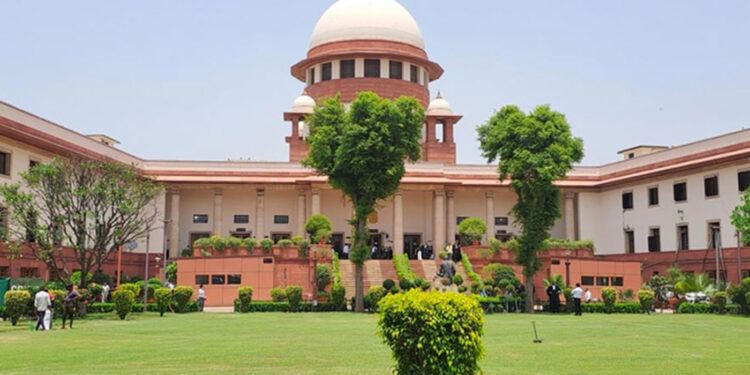The Supreme Court has recently overturned the conviction of a husband accused of abetting his wife’s suicide in 1993 [Naresh Kumar vs State of Haryana]. Justices JB Pardiwala and Manoj Misra, while doing so, expressed deep concern over the lengthy ordeal endured by the accused.
In their observation, the bench remarked, “Our criminal justice system itself can be a form of punishment, as seen in this case. It took us just 10 minutes to conclude that the appellant’s conviction under Section 306 of the IPC is legally unsustainable. The appellant has endured a 30-year ordeal, from 1993 to 2024.”
Acknowledging the tragedy of a young woman’s death, leaving behind a six-month-old child, the court emphasized the importance of ensuring that no crime goes unpunished.
The Supreme Court’s observations were made during the consideration of an appeal filed by the accused-husband against a 2008 Punjab and Haryana High Court order. The husband was accused of harassing his wife, leading her to die by suicide in November 1993.
Initially convicted by a trial court in 1998, the husband’s conviction under Section 306 (abetment of suicide) of the Indian Penal Code was upheld by the High Court. However, this decision was challenged before the Supreme Court.
The apex court emphasized that mere alleged harassment is insufficient to establish guilt for abetment of suicide. It clarified that active or direct acts leading to suicide must be present, with visible and conspicuous mens rea.
Finding the evidence in the instant case lacking, the Court concluded that the husband could not be convicted. Importantly, the bench highlighted that the presumption under Section 113A of the Indian Evidence Act, regarding abetment of suicide by a married woman, does not automatically apply if the woman dies by suicide within seven years of marriage.
Courts must carefully evaluate evidence of alleged cruelty in such cases, the bench stressed, emphasizing that common domestic discord should not be grounds for abetment charges.
The appeal against the husband’s conviction was allowed, leading to his acquittal. Advocates SD Singh, Shweta Sinha, Ram Kripal Singh, Siddharth Singh, and Aparna Jha represented the husband, Naresh Kumar.

















